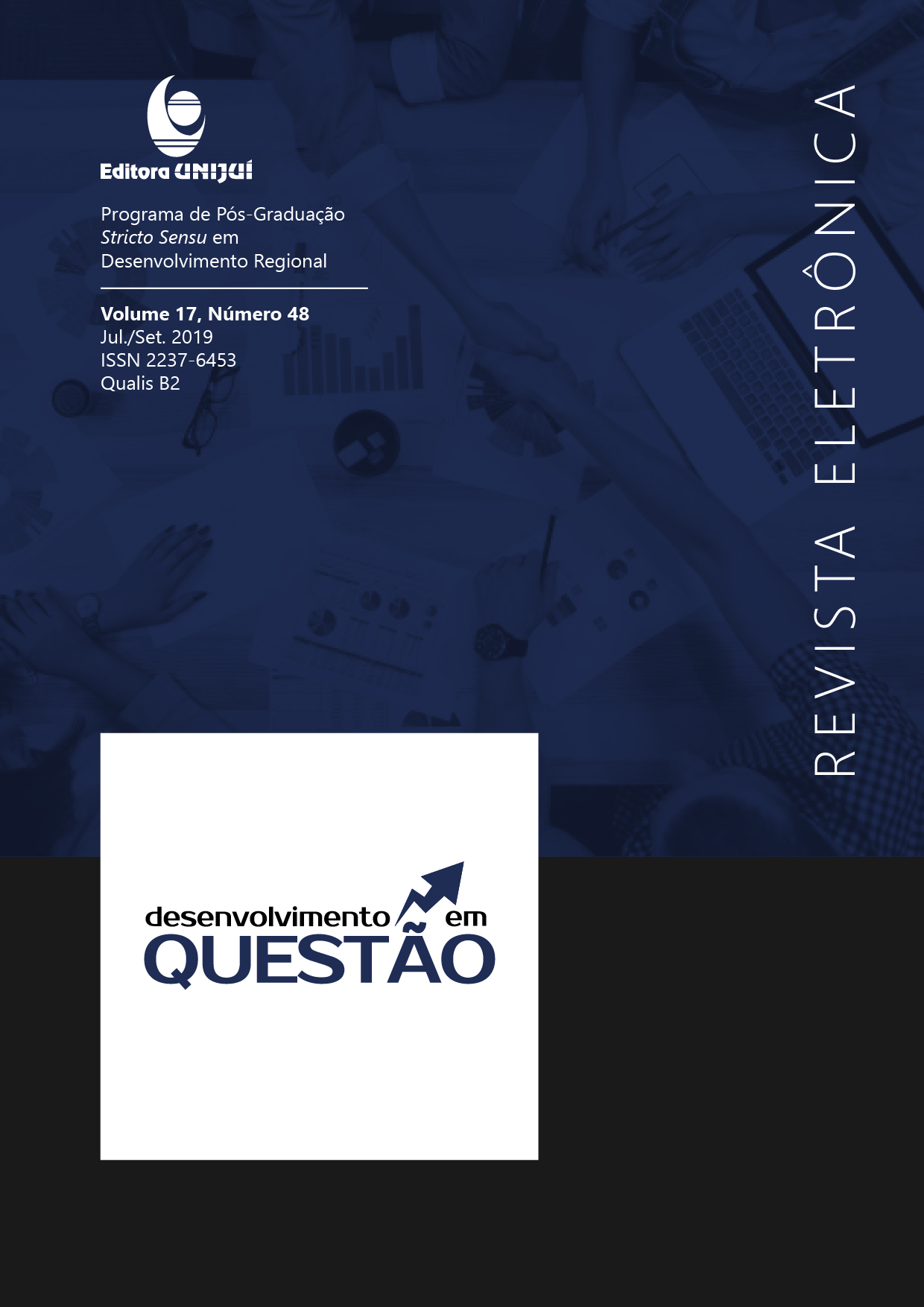Deficiencies in the government procurement process of the National School Feeding Program and its impacts on local development
DOI:
https://doi.org/10.21527/2237-6453.2019.48.175-192Keywords:
General Controllership of the Union; Public policy; Local Development.Abstract
The article aims to analyze the problems in the food purchasing process in the National Program of School Nutrition – PNAE. The focus of the analysis is the implementation phase of the program, in which distortions take place between the current legislation relating the acquisition of food and the local context and difficulties in performing the governmental purchases of food. The methodologies used consist of Documental Analysis, taking as corpus the Municipal Inspection Reports, elaborated by the Office of the Comptroller General (CGU). A total of 108 reports were analyzed comprising municipalities in the North and Northeast regions. Among the results found in this study, it was possible to notice the existence of legal gaps, mainly in the formulation of the current legislation on the subject, once it lacks considering the limitations and diversity of local contexts. In the process of controlling and supervising the process of government purchases - which is conducted at municipal or regional level - the general rules are often disregarded either due to formal failures related to high bureaucracy or to the search for illicit enrichment. As a conclusion, it was observed that such distortions weaken the positive results for the beneficiaries of the program and for the local development proposed by the legislation that promotes government purchases.
Downloads
Published
How to Cite
Issue
Section
License
By publishing in Revista Desenvolvimento em Questão, authors agree to the following terms:
All works are published under the Creative Commons Attribution 4.0 International License (CC BY 4.0), which allows:
Sharing — to copy and redistribute the material in any medium or format;
Adaptation — to remix, transform, and build upon the material for any purpose, even commercially.
These permissions are irrevocable, provided that the following terms are respected:
Attribution — authors must be properly credited, a link to the license must be provided, and any changes made must be indicated.
No additional restrictions — no legal or technological measures may be applied that legally restrict others from doing anything the license permits.
Notices:
The license does not apply to elements that are in the public domain or covered by legal exceptions.
The license does not grant all necessary rights for specific uses (e.g., image rights, privacy, or moral rights).
The journal is not responsible for the opinions expressed in the articles, which are the sole responsibility of the authors. The Editor, with the support of the Editorial Board, reserves the right to suggest or request modifications when necessary.
Only original scientific articles presenting research results of interest that have not been previously published or simultaneously submitted to another journal with the same purpose will be accepted.
Mentions of trademarks or specific products are intended solely for identification purposes and do not imply any promotional relationship by the authors or the journal.
License Agreement (for articles published from 2025 onward): Authors retain the copyright to their article and grant Revista Desenvolvimento em Questão the right of first publication.











